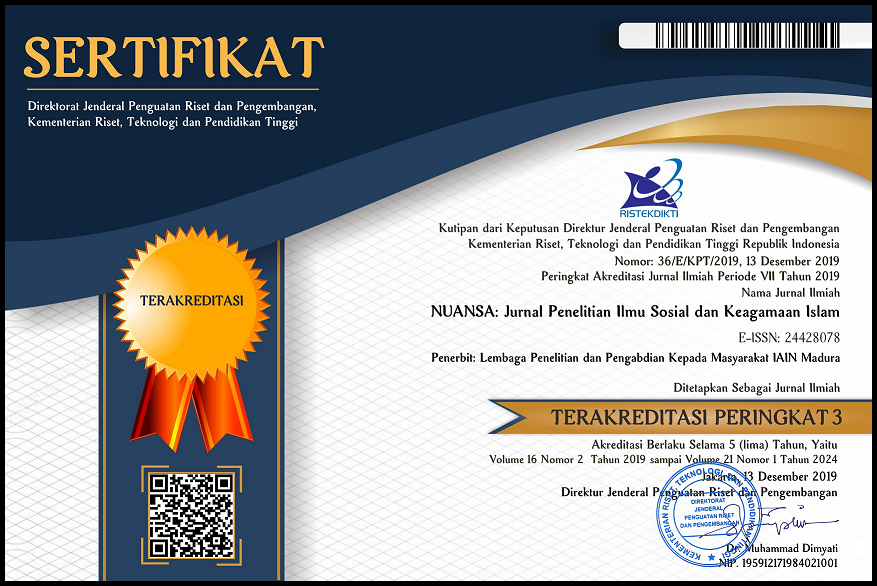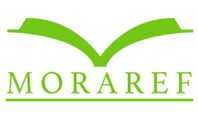PEMBINAAN MORAL DAN KREATIVITAS REMAJA
 Abstract views: 370
,
Abstract views: 370
,
 pdf downloads: 376
pdf downloads: 376
Abstract
Entering teen-age, in general, either adolescent son or daugther is hard to be arranged though by its own parents. This matter is problem had by each adolescences, there are four the important matters which become fundamental study at this research, that is: (1) Condition of moral and adolescent creativity in countryside of Bancelok, (2) Effort of moral construction and adolescent creativity in countryside of Bancelok, (3) Resistances faced in moral construction and adolescent creativity in countryside of Bancelok, and also (4) Effort is done to increase the moral construction and adolescent creativity [in countryside of Bancelok. This Research uses approach qualitative. There are four elements becoming the source of informations in this research, that is; old fellow, elite figure society, government officer, and young man figure. Whereas relating to field study (data collecting) using the observation method, interview, and documentation. Later, data that is gathered to be analysed using two approaches, that is: descriptive informative and descriptive analysis.
Downloads
Download data is not yet available.
Published
2011-01-05
Issue
Section
Articles
The journal operates an Open Access policy under a Creative Commons Attribution-NonCommercial 4.0 International License (CC-BY-NC) 
Authors who publish with this journal agree to the following terms:
- Authors retain copyright and grant the journal right of first publication with the work simultaneously licensed under a Creative Commons Attribution License that allows others to share the work with an acknowledgement of the work's authorship and initial publication in this journal.
- Authors are able to enter into separate, additional contractual arrangements for the non-exclusive distribution of the journal's published version of the work (e.g., post it to an institutional repository or publish it in a book), with an acknowledgement of its initial publication in this journal.
- Authors are permitted and encouraged to post their work online (e.g., in institutional repositories or on their website) prior to and during the submission process, as it can lead to productive exchanges, as well as earlier and greater citation of published work.






















